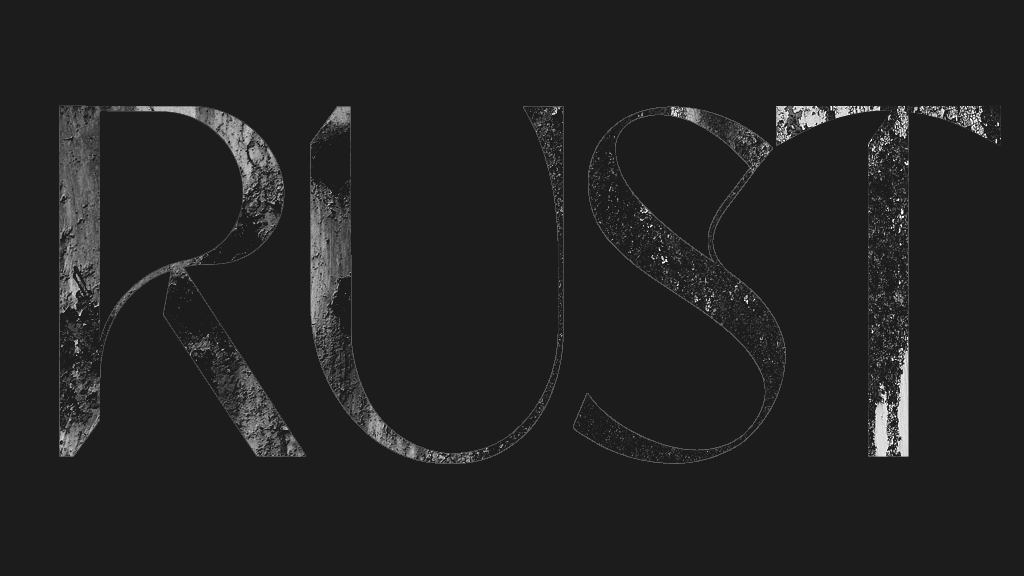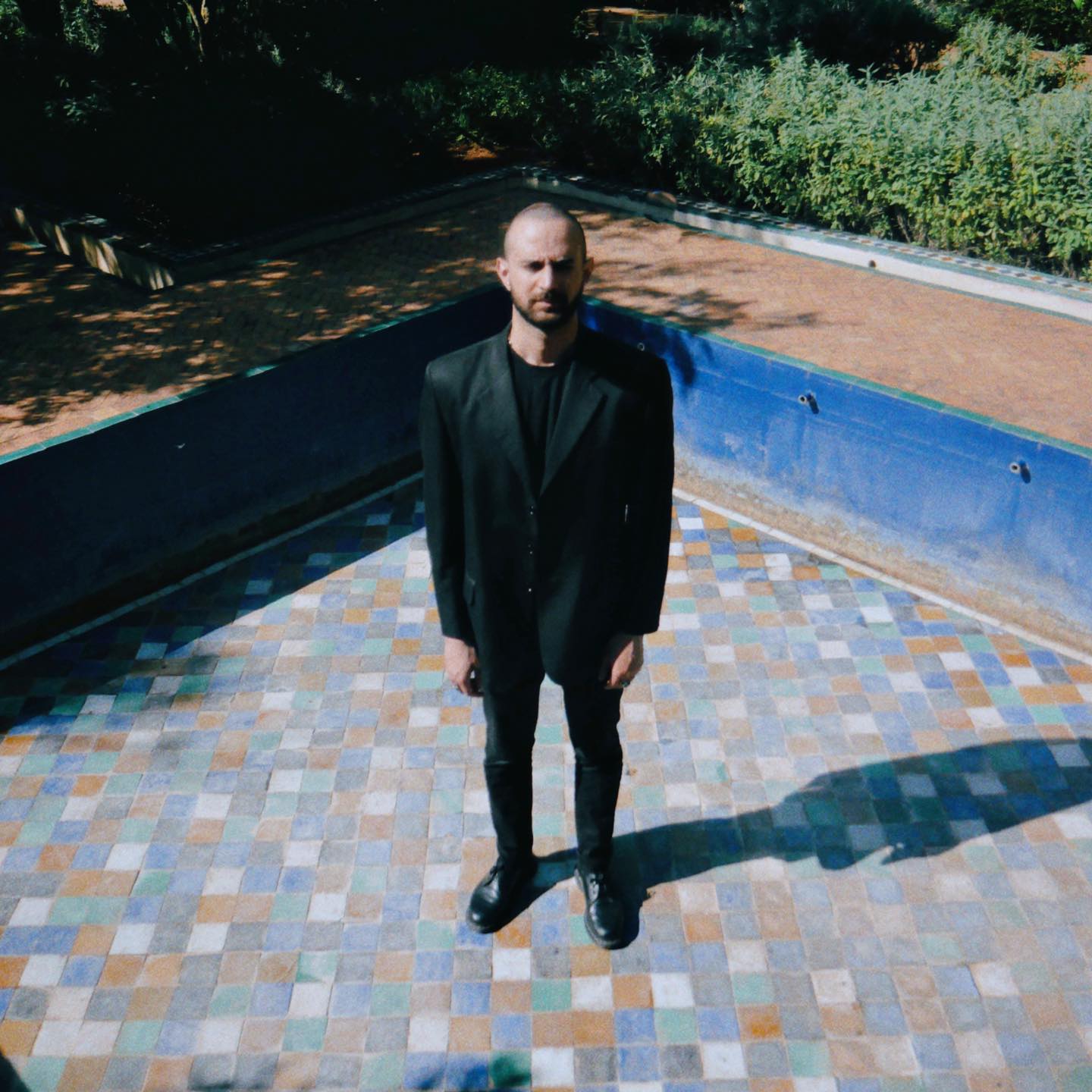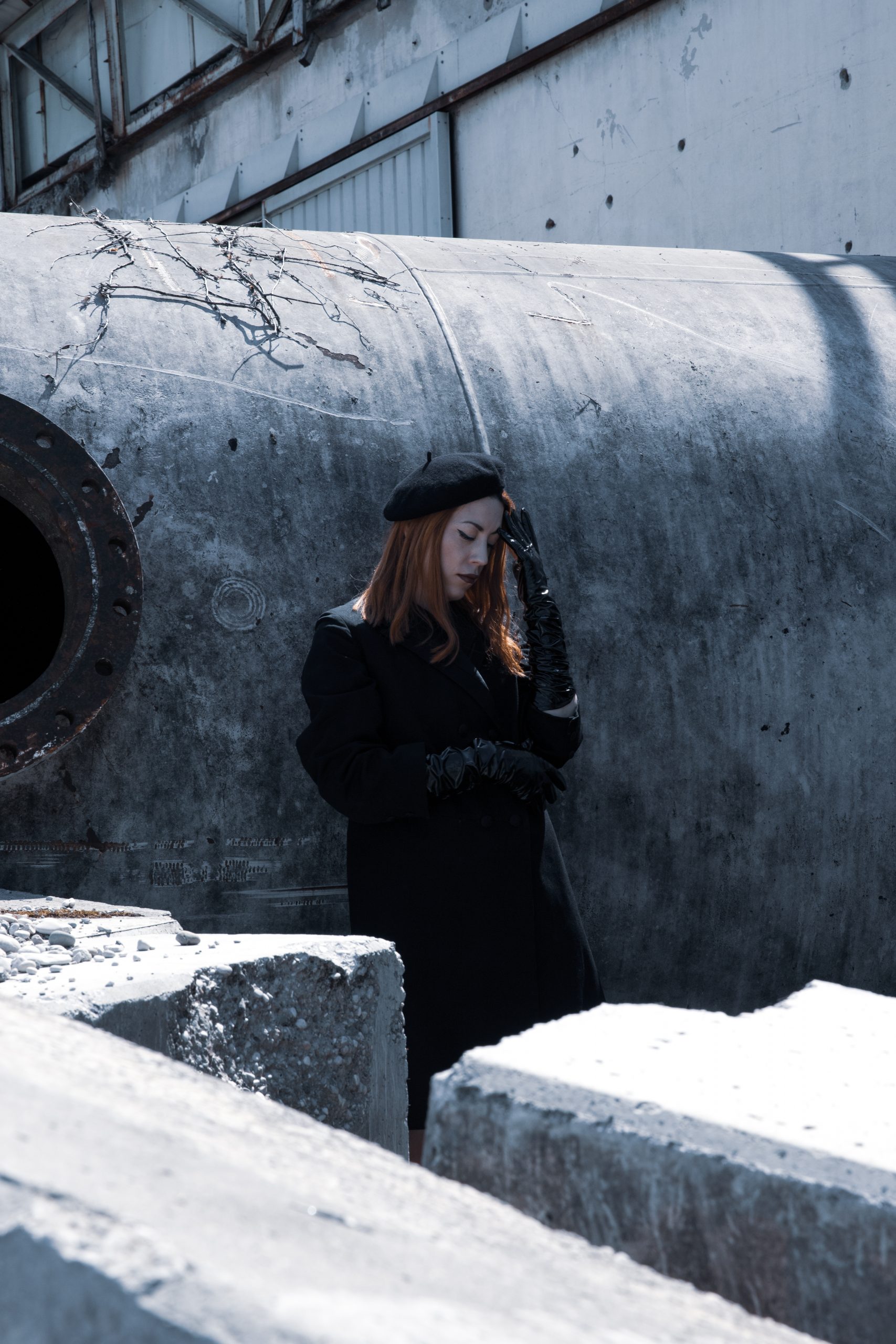Second Tension, remains of the future

Second Tension is the project by Stavros Tilkeridis, a Greek artist and DJ. He has been producing music for nearly 30 years, yet the project itself was only born in 2016. His first experimentations with sound began in the 1990s, crafting loops from breakbeats with a cassette player. Over the years, his approach evolved, transitioning from hip-hop loops to spiritual, psychedelic, and ambient music, eventually settling into the darker, hypnotic-mystical techno that defines his current sound.
Stavros draws inspiration from a rich tapestry of influences, including mythology, ancient Greek culture, and chaotic soundscapes, exploring melancholic themes through dark, industrial frequencies. His works are deeply personal, specially born from the emotions and ideas surrounding events in his life, such as Greece’s political unrest, which inspired his first Schisma EP on Persephonic Sirens, the label that would become his indefinite record label home.

Through his releases on Persephonic Sirens, Stavros has continued to delve into complex emotional and philosophical themes, blending chaotic sound masses with deep introspection. His connection to the label keep him acting as a catalyst for his creative expression, and cementing his place in a unique, evolving sonic landscape.
On the occasion of the release of Atropos, his last EP on Persephonic Sirens, Rust asked few question to the artist, to know more about his musical path.

Your project Second Tension was born in 2016, but you’ve actually been composing for almost 3 decades. What did your music sound like when you first started out?
Stavros Tilkeridis : My musical journey started in the early 90’s with a cassette player and I was trying to make loops by writing and passing samples, mainly break beats. The way I tried to do it was I played the sample on the side A while the side B verse was being recorded, then I cut and taped the tape so I created a loop. It was my need to create something . Later in the late 90’s I got my first sampler machine, an Akai 2000xl, where I generally experimented with various noises, from different sound sources and making hip hop loops and break beats. Then came the computer age and basically the internet which made it easy to access to hardware equipment and Digital Audio Workstations, bringing something revolutionary in my own way of thinking. Since the beginning of 2000 I was mainly experimenting to find the sound colors to reflect what I felt mainly emotionally. I didn’t write distorted music, I would say the sound colors I was looking for were more spiritual and psychedelic with various projects; mainly with friends playing ambient music. My first solo project was a hypnotic techno as I felt it was connected to the ambient music I was writing before. In 2016 having played my first solo liveset, the DJ after me played “Knights and Bishops” by Ancient Methods which I heard for the first time. It was the piece that unlocked my mind ,all these frequencies of this particular track made me think very differently as I always considered such frequencies where I always avoided them because I was operating before in a kind of cliché with how I used timbres. It is really hard to describe in words, it’s more of an aesthetic side and it’s kind of searching in the endless land of frequencies.
That’s how I started the Second Tension project.
How did you end up on Ancient Methods label?
The Persephonic Sirens aesthetic was what led me to send the Schisma demo EP and then The Third Soma. Phryktoria and Atropos were created for Persephonic Sirens nights so the release on the label is a capture of all those moments.
Why this name, Second Tension ?
When I started the project I was reading Carlos Castaneda’s fairy tales at that time. In one of the books he mentioned about the Second Tension as a state of heightened consciousness. I think that many times I felt with the music in such a state and that’s how I gave the project this name.
In your music and particularly since “Schisma” released in 2021, your first record released on Persephonic Sirens, it’s almost impossible to be insensitive to these dark, such melancholic themes, even gothic and EBM influences. I have this feeling that was particularly explored on “The Third Soma” released in 2022 and on “Phryktoria”, your album released last year. Do you have a particular emotion creating these sounds, are they related to something special in your inspirations ?
I would say that this music has more to do with ideas than genres of music. The Schisma EP was born from an inscription, on a wall near my house that says “I fear the schism” and seeing the art of Byzantine art as well as reading all this constant disagreement and constant war that we are experiencing. There was a period in Greece where the extreme nationalists had entered the Greek Parliament, and they had attack battalions where they adhered to their nationalist ideals. One of these battalions murdered an artist, this divided the country, there was a civil war climate. I think that this pushed this particular human to write on the wall of fear in the schism (Schisma), “φόβου το Σχίσμα” in Greek. The Third Soma EP is more like a 3 part structure, and in Phryktoria, I kept thinking of Nietzsche’s dancing star and my emotions when I reading Hermann Esse was creating for me a breath away feeling. In Atropos I thought of Xenakis’ work on the sound mass and description of the sound cloud avoiding to focus on the details of the sound.
I consider that the most important thing for me is all the experience of music in different periods of time as memories of sound colors.

[…] in Phryktoria, I kept thinking of Nietzsche’s dancing star and my emotions when I reading Hermann Esse was creating for me a breath away feeling.
“Atropos” develops atmospheres and musical emotions that are both massive and very club-oriented, but also imbued with a certain melancholy. Do you intentionally provoke this or does it come naturally?
I think it’s a matter of the subconscious, so I don’t know where the feelings come from.
Voice, in all its forms, is an integral part of your music, scattered throughout most of your tracks: saturated lyrical hymns, sacred chants, screams, protests… which lends a certain dreamlike quality. In what context are the phrases chanted on the track “Curse of Justice” taken from? They seem to have been taken from a gathering or a protest day. Is this a form of tribute to the various protest movements in Greece against the austerity policy?
The sample is from British theatrical performance of the Greek drama Medea and specifically from a part recited by the chorus (Χορός). The title of the piece is somewhat ironic as we live imposing justice without logic and love, in an age where justice is manufactured.
I like in my compositions to intensify different cultural elements from the past it’s like taking all these great words and placing them in a different sound background.
Your work contains quite a few references to mythology, ancient Greece and sometimes the sacred. How do you maintain this curiosity and does it help you in the way you compose and think about your songs? Do you think it’s something that is consubstantial with your musical universe ?
I would like to tell a story with sounds and mainly to create a progressive structure so many different aesthetics can be integrated to my music. The mythological elements is a path where different meanings are hidden inside and all this can be impart and transmuted to something deeper. This is perhaps what tempts me to include such elements in my music.
Sometimes your music makes me think of chaos and entropy. Listening to certain tracks, as the 10 minutes long “No Rejoicings of Joy Shall Ever Be Tasted” on Atropos EP, I think of one of the references mentioned in your bio, Pierre Schaeffer aka the father of musique concrète, who was one of those who tried to conjure up a “horde of sounds” in music. Do you like the idea of creating so much agitation in your compositions?
Chaos and entropy are part of the process of my music composition and intertwined with what I feel. In general the sound palette is completely chaotic in absolute disarray. Somehow all this works in what I do. In Atropos I tried to render a progressive structure like our changing emotions. The hordes of sounds together with the dramatic elements create a very nice soundscape and I think it’s just my way of placing all these elements in a wider sound palette to work within the space.

This is your 4th album on Persephonic Sirens, which now totals 3 EPs and 1 LP. Would you say that your music has a special place on the label? Have the label’s other releases enabled you to take a step back from your own records ?
I feel like this music wouldn’t exist without Persephonic Sirens. There wouldn’t be all this overstimulation of creation. More than that, I think it gave me a lot and acted as a driving force to find and discover more of myself. I’m grateful to Michael (Wollenhaupt) for what he gave me. The label has created a nice aesthetic, I really appreciate all these sound sets from different personalities and seeing in them a wider sound cloud.
Interview by Fred Substencia, september 2024.
“Atropos” out on Persephonic Sirens
Release date : 06/09/2024
Vinyl + digital
Discography : Discogs – Bandcamp
Follow Second Tension :
Instagram – Facebook – Soundcloud
Booking : agency@acheron-booking.com








